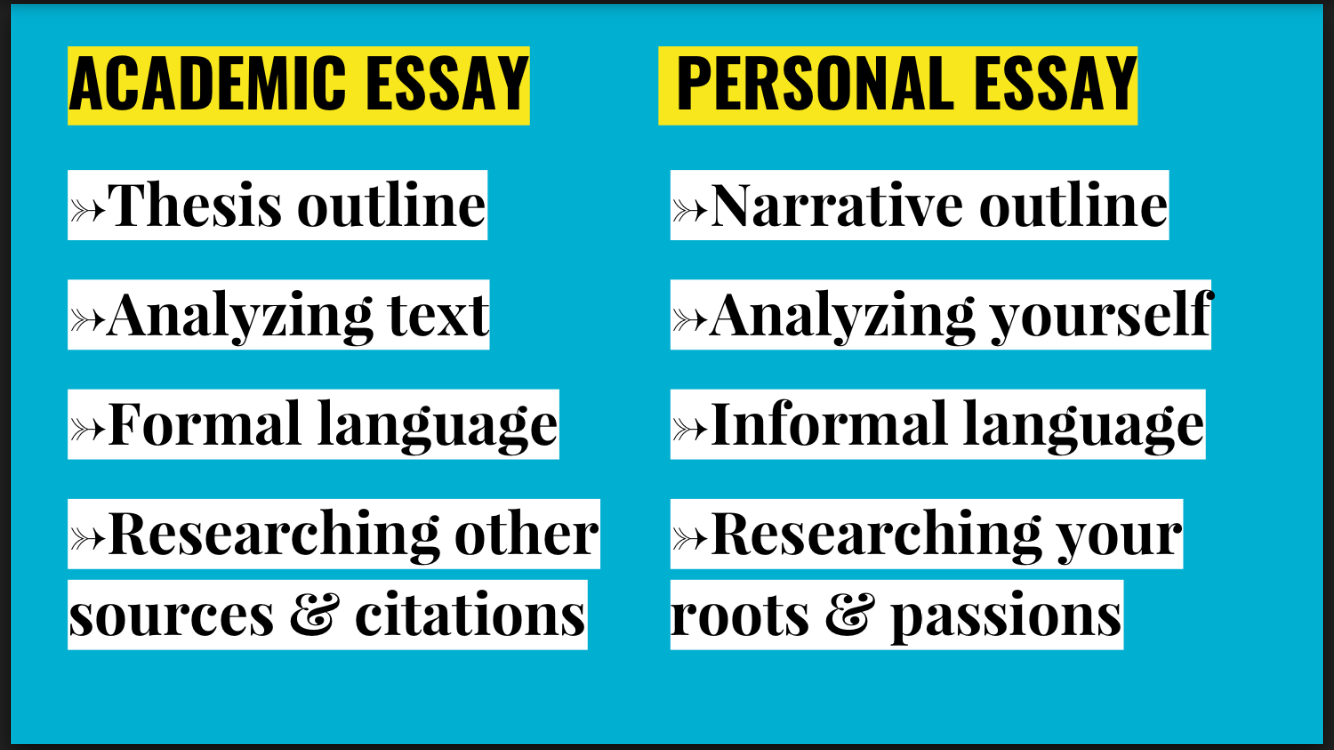9 Shocking Things We Learned From The Hollywood Cheating Admissions Scandal
/A few weeks ago, federal prosecutors charged 50 people (including actors Felicity Huffman and Lori Loughlin) for photoshopping their kids’ way in to top schools—one tax-deductible bribe at a time. The parents allegedly paid William Singer, private consultant and scammer extraordinaire, to bribe SAT proctors, athletic coaches, and presumably a photoshop designer to create strong athletic profiles for non-athletes by photoshopping the kids’ heads onto stock photos. The colleges weren’t the only ones duped: both Singer and the parents went to great lengths to hide these unscrupulous dealings from many of the students themselves.
Beyond the meme-able details, however, we learned of a few other shady ways the college admissions game is played. See below for a recap of the most surprising developments, from admissions officer confessions to other insider revelations.
Admissions Officers Spend 8 Minutes On Your Application
“An ever-increasing number of applications have swamped admissions offices in recent years, resulting in faster reading of files. Whereas once readers could spend 16 to 20 minutes on a given applicant, the average is now around eight minutes.” [The Atlantic]
Being Really Rich Gives You An Advantage (No Cheating Required)
“Not infrequently, I would pull up a student’s file, see my ‘Defer’ or ‘Deny’ recommendation, and then a second reviewer recommending the same thing, and then a high-ranking admissions staff member would flip the decision to admit. Usually, the justification would be a brief couple of sentences with purposefully vague language, like ‘Student has struggled with math sequence but should be fine with on campus tutoring resources, ADMIT.’ I saw these decisions flipped frequently for students from affluent backgrounds, and rarely for students who’d applied for financial aid. Once, I saw a student who fell far below our clearly outlined admissions requirements admitted — this student was heir to a popular processed-meat company’s fortune.” [The Cut]
And By Really Rich, I Mean $10 Million Donation Minimum
“A donation to an Ivy-caliber school would have to be valued at $10 million or more to earn an applicant truly special consideration beyond their merits, according to several experienced college admissions consultants. Steven Mercer, a private college consultant based in Santa Monica, Calif., called $10 million ‘an entry-level gift that might not even get the attention of the admission office.’ He added, ‘You have to sometimes go quite a bit higher.’” [NYT]
In Fact, Admissions Teams Use Marketing Data To Target Rich Applicants
“Although our school advertised our ‘holistic’ review process, our director typically used test scores to screen applicants. His rationale was that these were ‘riskier’ students. The only time he didn’t? If the student could pay full price to attend our institution, or a ‘full pay’ student. He was not coy about this fact, and would frequently make comments about how students from Silicon Valley could ‘afford’ to come here. When I planned my recruitment trip in California, I was given an Excel spreadsheet that listed high schools by average household income. “ [The Cut]
Though Just Paying Full Price Can Help Your Odds
“You may tilt the scales in your favor if you can pay for tuition, room and board — up to $300,000 or so over four years — without needing financial aid. Among the schools that have such policies: American University, Bates, Boston University, Brandeis, Carleton, Case Western, Colgate, Colorado College, George Washington, Haverford, Macalester, Mount Holyoke, Northeastern, Oberlin, Pitzer, Reed, Skidmore, Smith, Tufts, Wesleyan and Washington University. What do these schools — and so many others — have in common? They all practice some version of ‘need-aware’ or ‘need-sensitive’ admissions.
Those well-off students are attractive — and schools target them intensely, using consulting firms to blanket higher-income ZIP codes with marketing material.” [NYT]
Your Demographics May Matter More Thank You Think
“In 2016, Toor says says she was approached by an elite boutique college counseling firm looking to hire her as a consultant. The firm molded students into people they thought would be better candidates, given the demographics of the school they were applying to. ‘Like, if you're Jewish don't apply to Yale, because there's too many Jewish students, apply to Dartmouth. Or, if you're Chinese American don't play music or do math competitions, take up ice hockey,’ she explains. ‘If you're helping someone find out what their passion is, that is only a good thing. But if you turn them into something they're not...that's truly nutty. And I hope that's not what parents want for their kids.’” [Elle]
The Celebrity Advantage Is Real, Bribery or Not
“Daniel Golden revealed in 2006’s ‘The Price of Admission’ how Jared Kushner’s father, Charles, donated $2.5 million to Harvard, where Jared and his brother, Josh, graduated from. ‘Colleges are eager to admit children of rich people and celebrities even if a donation is not immediately forthcoming,’ Golden told me. ‘The presence of celebrities at parents’ weekends and similar events generates favorable buzz and publicity that can translate into more giving from impressed parents and alums.’” [NY Post]
Real Athletes Still Have The Side Door Advantage
“Most elite universities recruit student athletes and use different criteria to admit them, often with lower grades and standardized test scores than other students. Mr. Singer helped parents go to great lengths to falsely present their children as the sort of top-flight athletes that coaches would want to recruit.” [NYT]
The Rich Advantage Starts In Pre-K and Will Cost $1 Million by High School
“Parents — no tiny number of them — end up spending upward of $1 million on a child’s private schooling from K though 12, on enrichment trips and on expert advice about the precise number of A.P. classes to take, the least clichéd volunteer work to do and the most strategic sport to master.
The principles instilled in these children? That nothing in your life is too sacred to be used for gain. That you do what it takes and spend what you must to get what you want. That packaging matters more than substance. That assessments made by outsiders trump any inner voice.” [NYT]






























